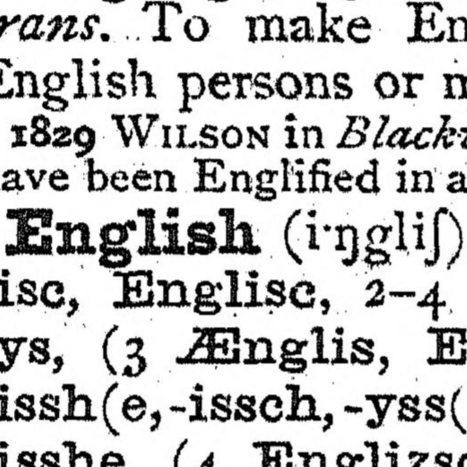Hi folks.
Can I ask: Is it better to say “We’ve got to get going” or “ We have to get going”?
I hear the former in conversation and it slightly irks me. I think it’s because of the redundancy (?) in the sentence. Which is better, grammatically? The latter feels cleaner. Am I wrong?
I prefer “We’ve to leave!” because it’s fun to say.
If I remember correctly, “have got to” is more informal than “have to”. So yeah, it’s cleaner/more grammatical.
I think most people use the “got” as a extra word to emphasize urgency in day to day conversation. So in that way, it’s useful?
I’m also in camp of “the longer the angrier”. Next in the escalation list would be “our ass”, followed by “fxxking”
Not a linguist by any measure, but it seems that you should use just “have” when writing, but that it will seem more natural to use “have got” when speaking.
I’m not the guy to explain why this is, but want to be sure you get some kind of feedback for your post. Hope it helps!
IME saying “have got” like that is a very UK thing.
IME? Is that “In My Experience”? Don’t think I’ve seen that one before, but might need to put it in the pocket.
My wife misheard the lyrics in the Wizard of OZ. (English is her second language.) It probably struck me as funnier than it should have, but she was causally singing, “We have to see the Wizard!” instead of “We’re off to see the Wizard!” Somehow cracked me up that some higher authority had dictated that they must see the Wizard but they were still so stoked about going.
Check out Gilman’s Webster’s Dictionary of English Usage on “have got”. This book is great, it has a lot of insightful historical information, and the writer has an enjoyable witty style.
Neither are wrong. The former is more common in America and is more casual. Funny, because the general rule is that for two phrases that mean the same thing, the more wordy statement usually the more polite.
I would tend to say, “We have got to go!” after I’ve already said, “we need to leave,” several times with no response.
Stand up, slap your knees and say “welp”. It’s a universal signal as far as I can tell. Unignorable.



